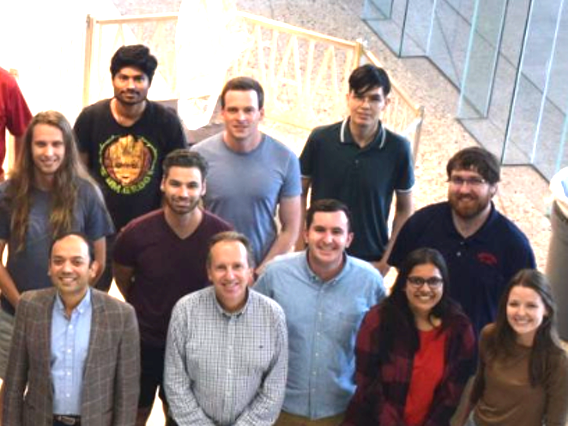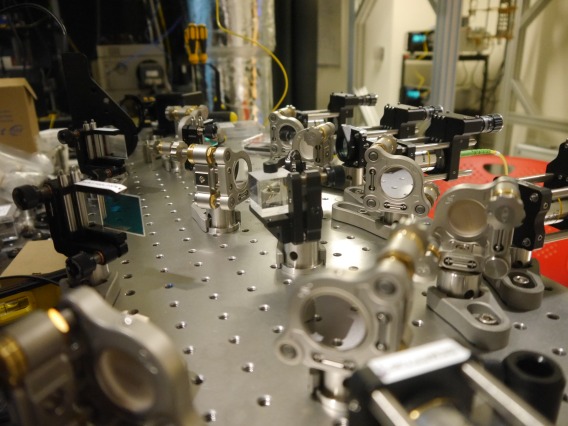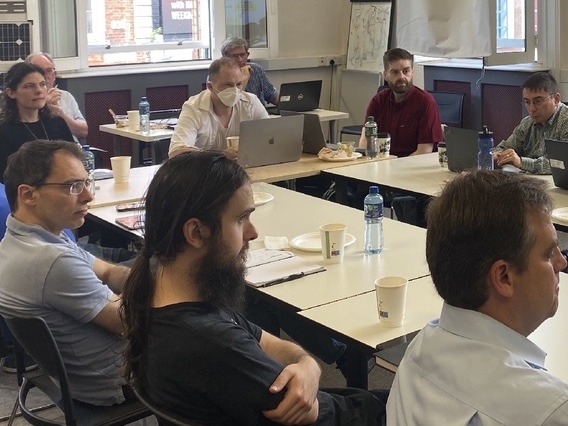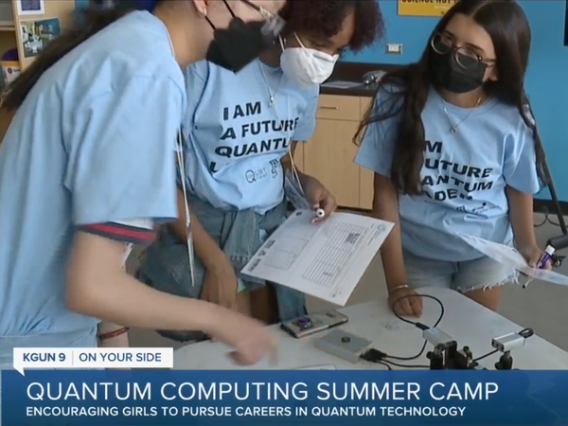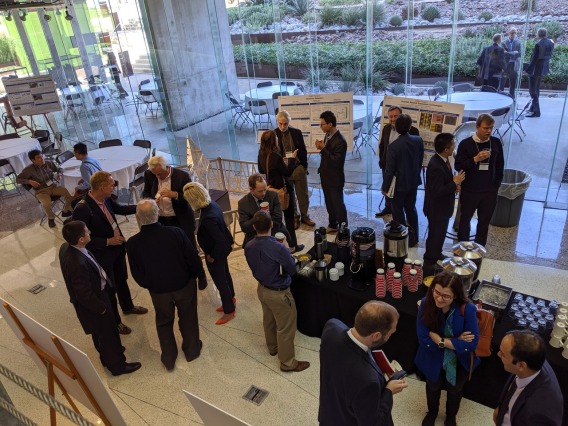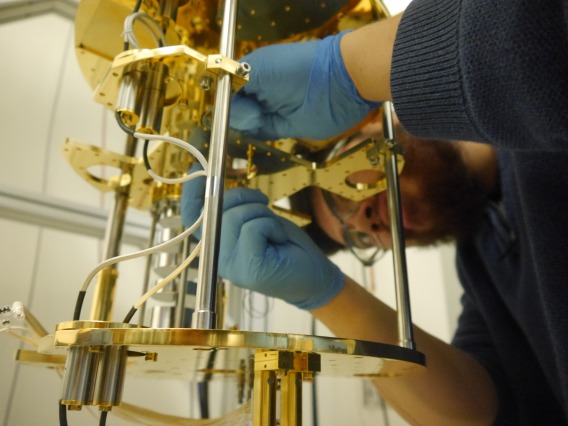Quantum Information Science and Engineering
We are at the cusp of the next information technology revolution – a revolution enabled by exploiting quantum mechanics for acquiring, processing, and transmitting information in a fundamentally more powerful way.
The 21st century will see the advent of the quantum Internet – a worldwide network that connects quantum computers and devices. Quantum information processing will enable a suite of new applications, including unbreakable security, far higher resolution sensors (applications in medical imaging, astronomy, remote sensing, gravimetry, and more), and quantum computing, which will solve problems intractable with today’s classical super-computers that will have implications in search, optimization, and security. The quantum Internet will communicate using photons—the quantum physical carriers of information that can travel long distances—and connect quantum processors that may be made out of other quantum physical technologies, such as atomic, superconducting, or trapped ion processors.
The Arizona Quantum Initiative — AQuI —at the University of Arizona is focused on building Arizona as a world leader in quantum information science and engineering (QISE). Leaning into the University's HSI designation, "aquí" means "here" in Spanish. Here, in the Sonoran Desert, the University of Arizona is accelerating a new world of applications built on quantum technology. Our mission is to deliver quality education, cutting-edge research, and effective partnerships, attracting talent and investment to quantum technology development in Arizona.
Our faculty's interdisciplinary and highly-collaborative research program spans many subtopics within QISE, such as quantum repeaters for long-range quantum communications, quantum networking, generating highly entangled states of light for enhancing sensor networks, 2D quantum materials for use as highly-sensitive photon detectors and single-photon sources, spin-based qubits built using solid-state defects in diamond and other host materials, quantum opto-mechanical and quantum-photonic systems, mathematics and algorithms underlying quantum-powered security, fault-tolerant quantum error correction codes and efficient decoder realizations for both quantum communications and quantum computing, ensemble cold atom spin qubit systems for exploring new paradigms of quantum control and simulations, Bose Einstein condensates, and more.
The University of Arizona and its partners are leading the way in multiple aspects of quantum information science and engineering. Explore the links below for more detail.



